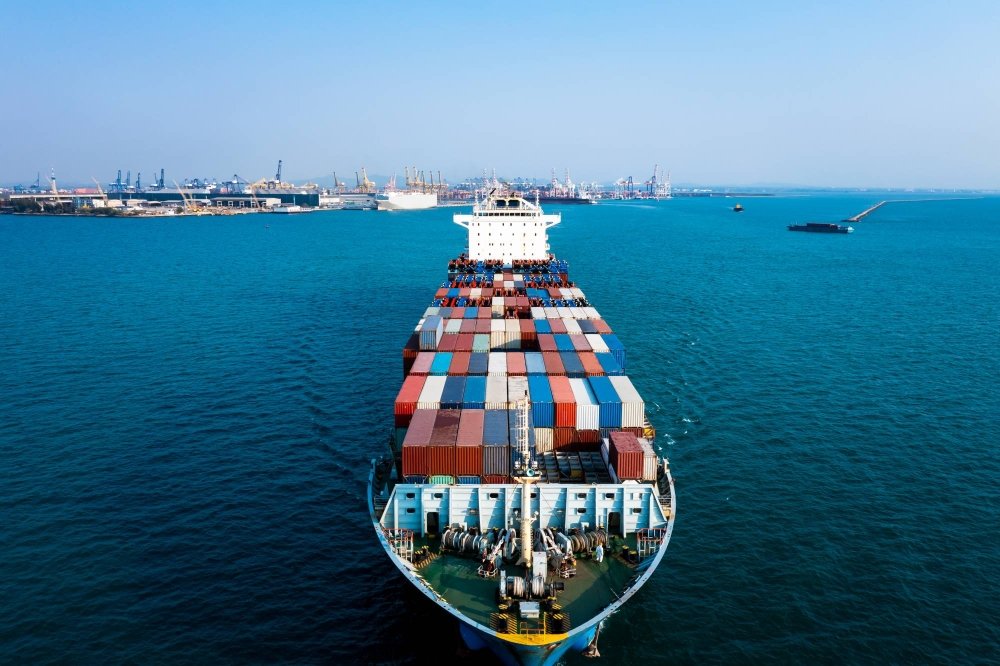Two days of discussions last week at the School of Global Policy and Strategy at the University of California, San Diego about Japan’s future role in the world left me a touch discombobulated. I took great comfort from the very smart group assembled by Ulrike Schaede, professor of Japanese business. It was a mix of the old (or “experienced,” if that word grates) and the young; the emerging scholars present were breathtakingly smart.
Yet, the seemingly yawning gap between the views of the security specialists, which were a minority, and the business and economics types was striking. It highlighted basic problems in our understanding of globalization and the geopolitical moment. It underscored the dogged commitment of economists to guiding principles of their profession — most notably a rigid separation of political and business interests — that seem quaint, if not dangerous, in the current moment.
Even more fundamentally, it confirmed (to me, at least) that security is both essential and unquantifiable. It remains hard to define — “resilience” seems to be the operative term — and virtually impossible to price. And, in a milieu in which being able to assign a value to a variable is the prerequisite to serious discussion (or professional advancement), that is a fatal flaw.





